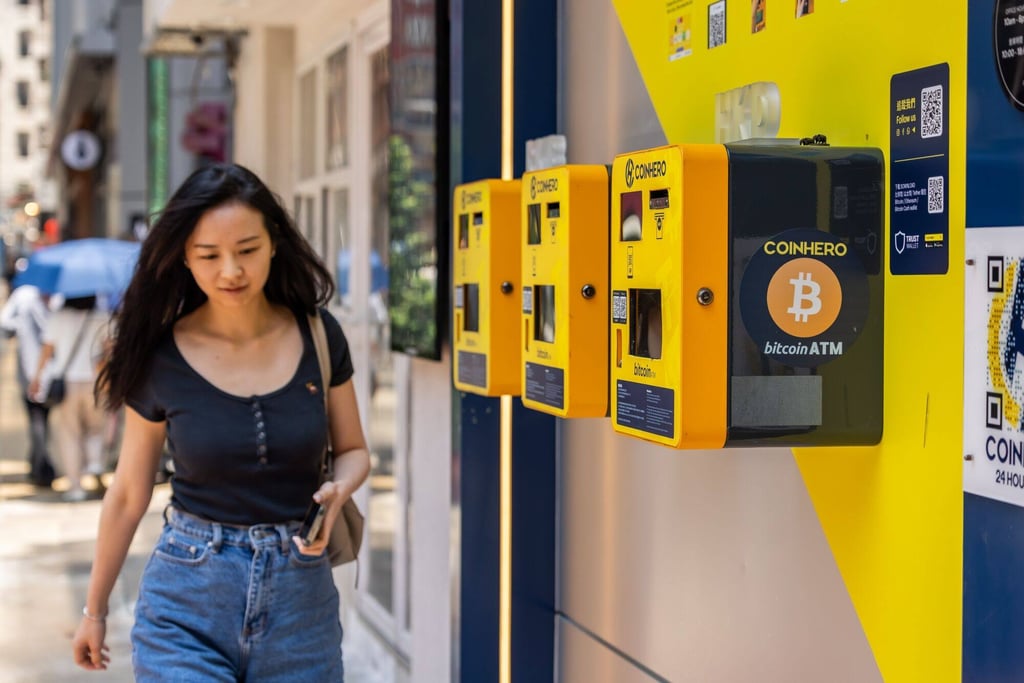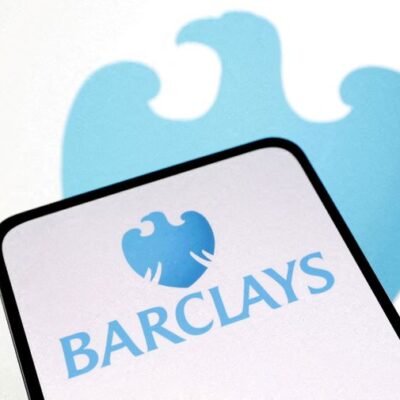HashKey on Wednesday listed Avax and Link, two smaller cryptocurrency tokens, on its exchange, allowing retail investors in the city to buy them with Hong Kong and US dollars, HashKey CEO Livio Weng said in an interview with the Post on August 22.
“This implies that Hong Kong will speed up in the area of Web3,” he said. “There may be many reasons for this acceleration, but the main catalyst may have been particularly when Trump expressed his intention to have Web3 happen in the United States.”
While lesser known compared with many other cryptocurrencies on the market, HashKey chose these two after considering that many tokens with larger market valuations are mired in legal disputes around the world, Weng added.

Avax, the native token on the Avalanche blockchain, had a total market capitalisation of about US$10.7 billion on Wednesday, according to data from market tracker CoinGecko. Link, used on the Chainlink blockchain, had about US$7 billion worth of tokens in circulation. Both are among the top 20 largest cryptocurrencies by market cap, a key metric in Hong Kong to determine whether it can be offered to retail investors.
The approval comes as Hong Kong looks to recapture some of the attention in the industry that has recently shifted to the US amid a more welcoming environment in the world’s largest economy.
Donald Trump and Kamala Harris, the two main candidates in this year’s US presidential election, have both suggested that they would grow the cryptocurrency industry, which prompted Hong Kong to speed up regulatory approvals, Weng said. Another batch of new token listings on the HashKey Exchange could also see approval within weeks, he added.
Since late 2022, Hong Kong charged ahead with a slew of initiatives aimed at boosting the city’s virtual asset sector while protecting investors.
These include licensing for virtual asset trading platforms and allowing exchange-traded funds (ETFs) that invest directly into crypto tokens. Spot bitcoin and ether ETFs have already been approved for sale in the city. An upcoming stablecoin regulation is also part of the city’s efforts to maintain its appeal as a global financial hub, a status that has taken a blow in recent years.
The “aggressive” crypto policies in the US could be why Hong Kong regulators are now considering allowing the feature, Weng said.





